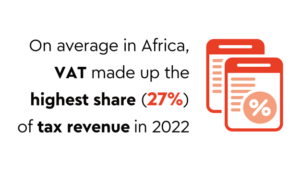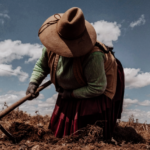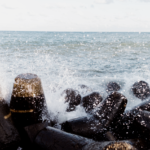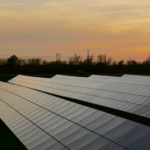The oversized role played by African governments can be positive if politicians have the will to focus, according to Derrick Roper, MD of Novare Equity Partners.
‘Luanda had changed so much since my last visit that I felt I had stepped into a different city,’ he says. ‘There was a distinctive feel – or “vibe”, as some younger people would say. The streets were cleaner. The restaurants were trendier.’
The improvements are testament to the progress made since João Lourenço took office in September 2017, after José Eduardo dos Santos’ 38 years in power. He has cracked down on corruption while encouraging investment in the Southern African country and selling stakes in some state-owned companies.
‘Locals say even the pale blue and white minibus taxis that zip through the notoriously congested streets of Angola’s capital are better behaved these days,’ says Roper. ‘I felt safer and more welcome on my visit this year than on my last trip before COVID-19 began.’
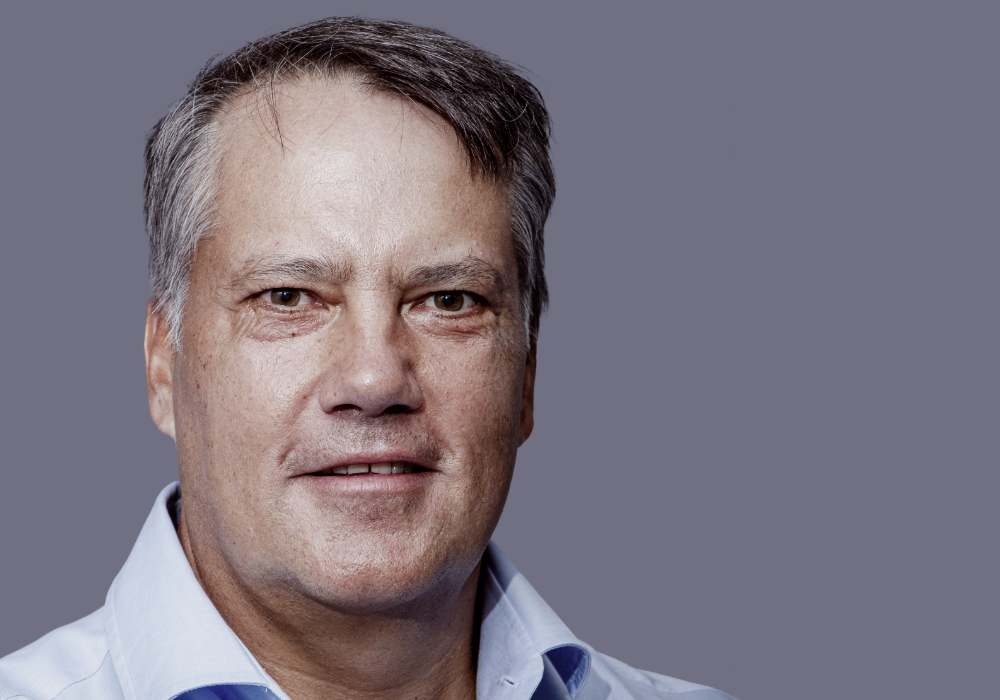
Now we’re ready to invest
Capital is hard to come by. Higher interest rates in developed markets, strong equity markets and attractive bond yields mean that investors from advanced countries prefer to stay closer to home, where risk is perceived to be lower.
It’s harder to attract investors to Africa than it was a few years ago, when interest rates were close to zero and a flood of money was chasing higher returns in riskier frontier and emerging markets. Deals are taking longer to close, investors are harder to find, and financing is more expensive.
Bad neighbours
Many sub-Saharan African countries have not done the continent any favours. Graft remains endemic, with the region ranking the lowest in Transparency International’s Corruption Perceptions Index in 2023 as democracy and the rule of law regress.
Recent coups in Niger, Burkina Faso, Sudan, Guinea and Mali have heightened security concerns. Poor policy decisions in an economic powerhouse such as South Africa, infrastructure collapses among them, have deterred investment. Concerns about Russia’s growing influence, along with climate change exacerbating droughts, further compound investor concerns.
There are, however, signs of progress. Nigerian President Bola Tinubu is steering the country towards private sector-led growth. Since taking office in May, his government has addressed long-standing distortions in the currency market, allowing the naira to trade freely and improving foreign exchange inflows. Novare Equity Partners is expanding its existing operations in the commercial hub of Lagos and the capital, Abuja.
Novare Equity Partners has a 16-year track record in Africa and operates shopping centres in Nigeria, Zambia and Mozambique. The company also provides advisory services and acts as a vital link between investors and potential partners. It also provides solutions for data centres and international retailers, as well as industrial and warehousing sites.
In guiding investors, Novare Equity Partners focuses on selected countries that it believes have strong growth potential, and where the ease of doing business is improving.
Brighter prospects
Consider Tanzania, where – under President Samia Suluhu Hassan – the nation’s prospects have brightened since she assumed office three years ago. Hassan overturned many of her predecessor’s authoritarian policies, including bans on opposition protests, and initiated economic reforms such as revitalising Tanzania’s agricultural sector. Consequently, investments surged by 173% between 2021 and 2023, as reported by Business Insider.
Governments have a big role to play in Africa. They can either facilitate or hinder economic growth and investment. Ultimately, breaking the cycle of unemployment, hunger and poverty on the continent depends on accelerating growth and attracting more investment for development. We need to ensure that more people join the middle class and prosper.
All the mechanisms are in place. In 2019, Africa took a major step towards creating the world’s largest free trade area with the adoption of the African Continental Free Trade Area (AfCFTA) agreement. The move aims to boost economic growth and create jobs across the continent. In addition, the World Trade Organisation’s Investment Facilitation for Development pact, signed in 2023, aims to cut red tape and attract more foreign investment to emerging markets.
By combining these efforts, the WEF believes Africa can increase sustainable investment and job creation.
Africa needs US$194 billion a year to achieve its sustainable goals by 2030. But there’s a huge gap between investment in Africa and other developing regions. The AfCFTA focuses on intra-African trade, while the WTO’s IFD helps attract investment. Together, they can improve skills and expertise across the continent.
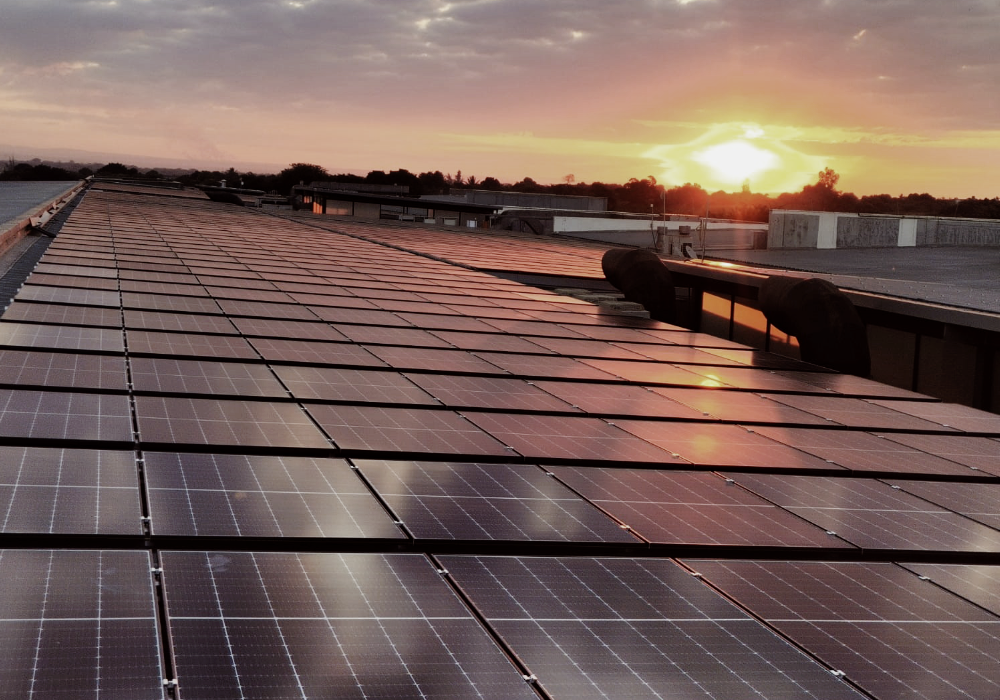
Key partnerships
In this vein, Novare has joined initiatives that connect it to sustainable global opportunities.
In April, it was announced that Novare Equity Partners had become the first African partner in the IFC’s Greening Real Estate Investment Portfolios (GRIP) programme, which aims to reduce carbon emissions in the continent’s real estate sector. The partnership will help Novare Equity Partners assess its properties and put sustainability at the heart of its operations.
The partnership with GRIP follows the IFC’s award of Champion status to Novare for Excellence in Design for Greater Efficiencies (EDGE) in October last year. EDGE is a green building certification system used in more than 140 countries that helps developers and investors find cost-effective ways to build green buildings.
These relationships are vital to Novare Equity Partners’ growth and that of its investors and clients. The company is committed to integrating sustainability into its investment strategy, ensuring that its projects not only generate returns but also contribute to environmental protection.
In the same way, no country can survive without the support of a wide pool of international investors, or that of its neighbours.
Angola is currently upgrading the railway from the port city of Lobito to the DRC border and Zambia’s Copperbelt, with funding from the US and the EU. And while Angola’s democracy since the end of its civil war in 2002 remains fraught with challenges – most notably waning support for the ruling party and allegations of rigging in the 2022 elections – economic reforms are having the desired effect. The massive US$21 billion Dangote oil refinery in Nigeria and new airports in Ethiopia, Nigeria and Rwanda are other examples of transformative infrastructure projects that spur economic development in surrounding areas.
There will be pain along the way. Nigerian leaders faced backlash for unpopular decisions such as ending fuel subsidies, while a weaker naira stoked inflation. Similarly, austerity measures in Angola have affected the poor, resulting in stagnant education and health spending, and a surge in living costs, particularly due to rising food prices.
The road to unlocking Africa’s potential is fraught with challenges that require patience and the forging of partnerships that outlast governments.
It also helps to walk the streets you’re moving into and getting to know them.




